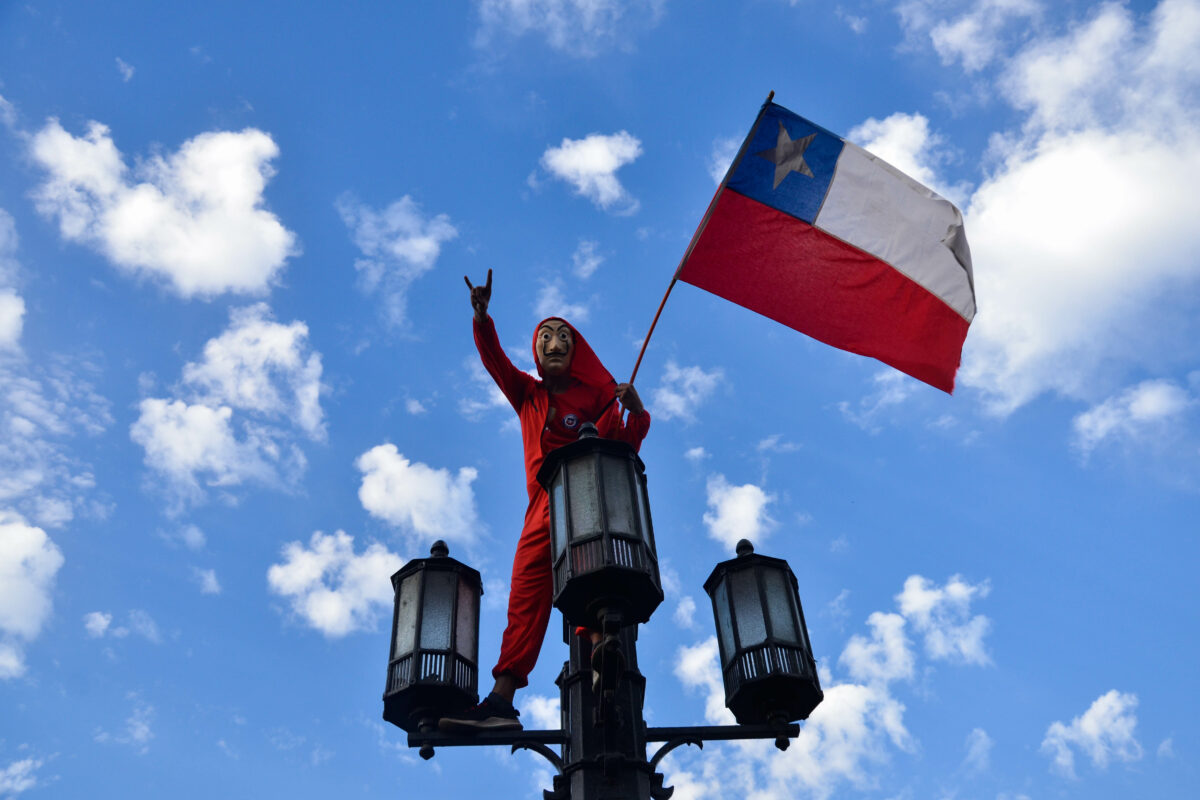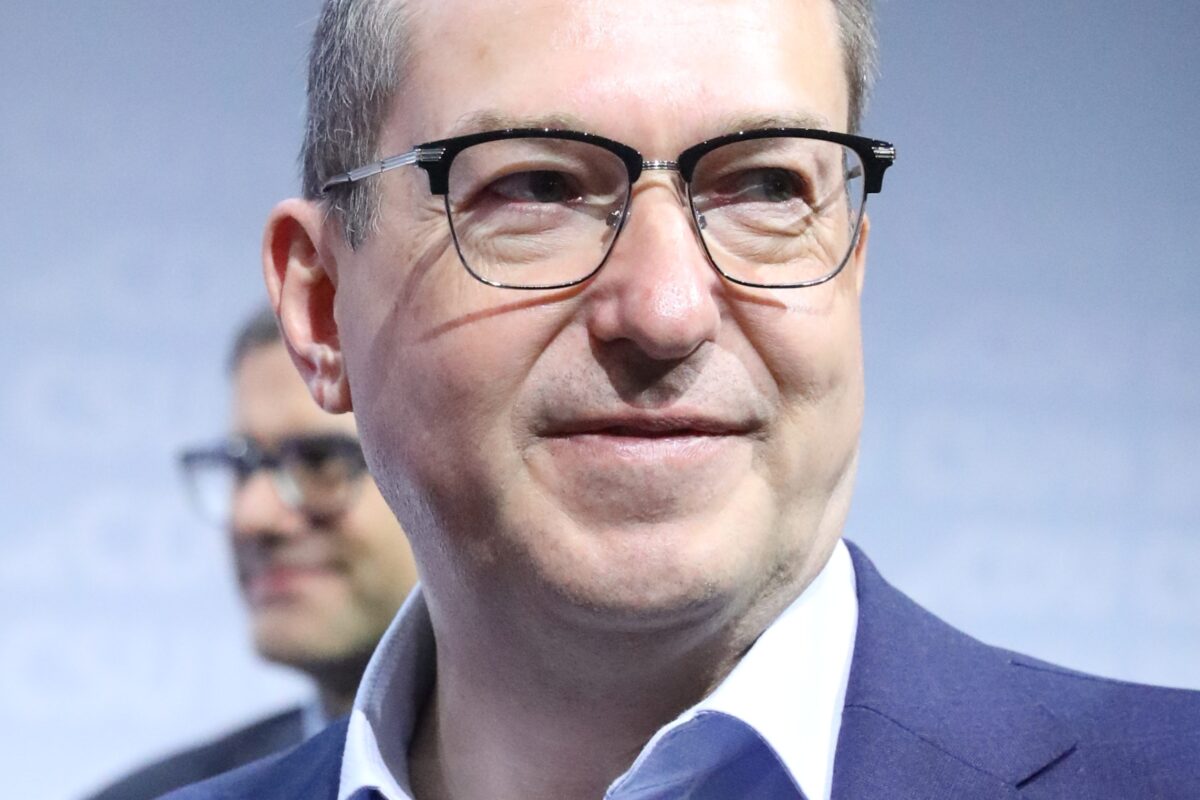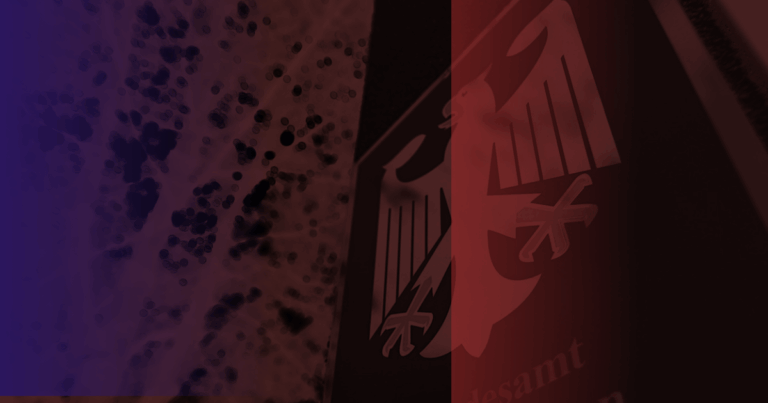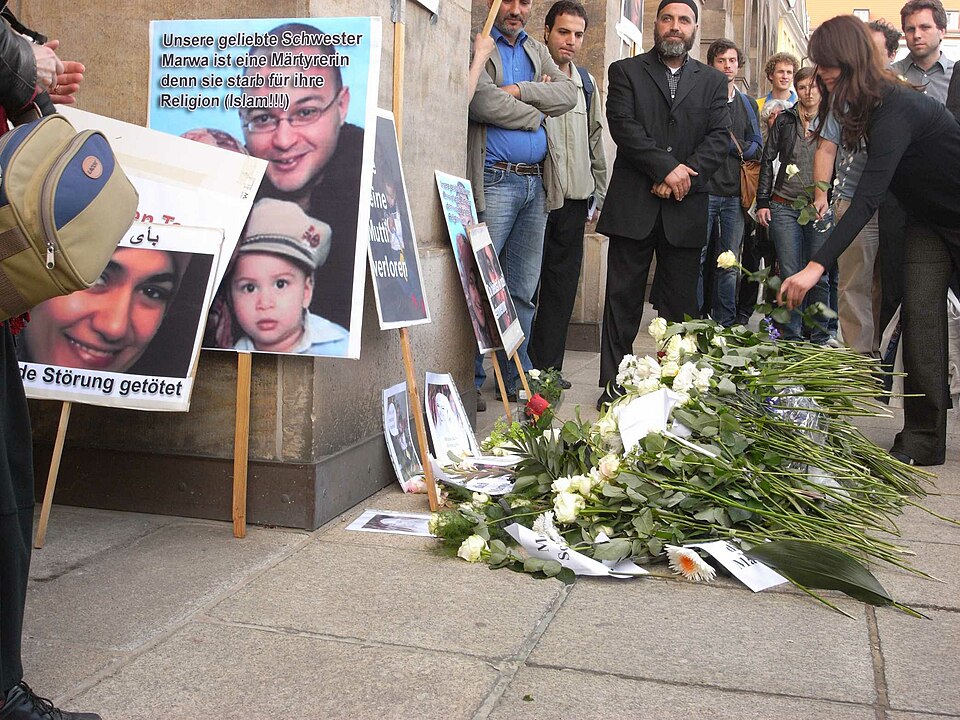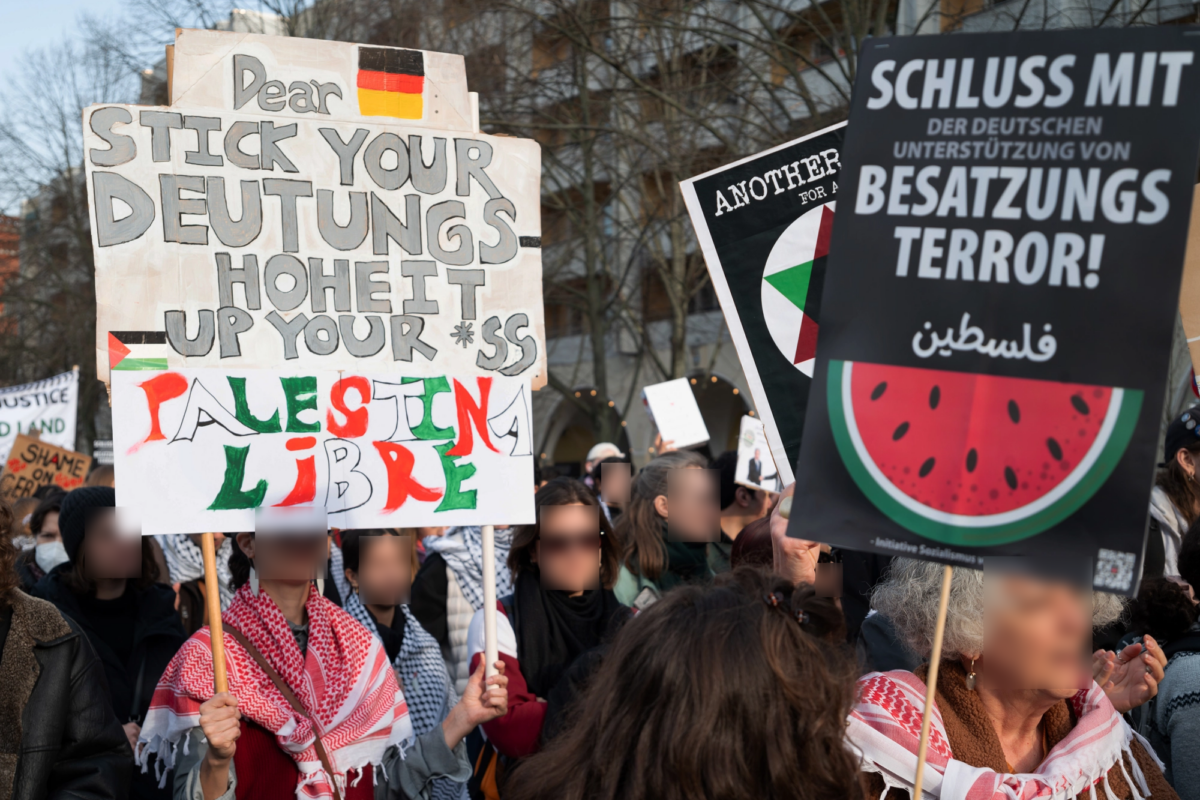Hello Pablo, thanks for agreeing to talk to us. Could we start by you introducing yourself. Who are you, and where are you politically active?
I am an activist and freelance translator from Santiago de Chile. I’m a member of Solidaridad, an anticapitalist, feminist and (left-)libertarian movement. I’ve been involved in radical politics for almost 20 years, as a student during college, and later in the movement for a new pensions system. I was heavily involved in the popular assemblies that were born during the October 2019 revolt.
It’s been nearly 50 years since the Pinochet coup introduced neoliberalism to Chile. How has the country changed since then?
The country was radically changed during the dictatorship (1973-1990). First of all, the political institutions and the economic relations were deeply transformed by handbook neoliberal policies such as privatization of public services, opening of new local markets for international corporations and a radical transformation of labor relations by the physical and political destruction of unions and other popular organizations. Also, in 1980, a new Constitution was drafted, one that established a restricted democracy and a barely existent role for the State in the economy.
Moreover, by detaining and torturing and disappearing thousands, the dictatorship destroyed an entire generation of social and political struggles, thus stopping the deep advances the Left had made for decades in Chile, both in terms of militant organization and a socialist program. The result of this was a profound setback in the political consciousness of the working people in Chile. It took several years before we could begin to see new waves of mass mobilizations that would awaken a fresh spirit of revolt and deep structural changes against the neoliberal regime.
Two years ago, there were massive protests in Chile. Why were people protesting and did they win?
The direct origin of the protests was a fare hike in public transport. But the deep roots of the revolt that ensued were the inequities and precarious conditions under which millions live in Chile. It rapidly became clear what the target of the protests were: 30 years of post-dictatorship neoliberalism, which had included not only a preservation of the neoliberal politics of the 80s, but also a political regime that left no space for true change. The president, Sebastián Piñera, responded with the declaration of a state of emergency and sending the military to dissolve the protests. It was worse. The fire rapidly spread from Santiago to the rest of the country. So Piñera also became a target of the mobilizations, and calls for his resignation became a daily mantra in the streets. Perhaps one of the most interesting demands was that of a Constituent Assembly, since the Constitution was seen as a hindrance to any structural change.
So far, I would say that we have won two things. First, a sense of our own strength as a people and that there is space for change when millions take to the streets and protest. Every wave of protests has its own lessons, and it will take us a few years to realize exactly what they are, but it is evident that we need more organization, that a people without strong social movements and mass political organizations will never go beyond massive protests, because it won’t have the necessary social, political and community networks to sustain that struggle and take it to the level of politically durable changes. Second, a Constitutional Convention that opened a new avenue for political struggle beyond the regular state institutions.
And then last year, 80% of Chileans voted for a new constitutions. To many people, constitutions sound a bit boring. Was this vote boring?
It wasn’t boring at all! People were truly excited about a new Constitution, and being able to elect their own representatives to draft it. There is a widespread feeling that changing the Constitution is the beginning of further change, and that is very interesting. Previous waves of protests had focused on issues such as public education, pensions, health care or socio-environmental conflicts. But now there seems to be a view that takes all of that and puts it in the context of the political constitution of a country, that is, of the way a society is organized. So this seems like a relevant leap in political consciousness, from disperse sectorial demands to a global political transformation.
What is the relationship between the protests, the referendum and the presidential candidature of Gabriel Boric?
I must say it’s somewhat of a surprise that Gabriel Boric became the presidential candidate after all that happened. He is part of the moderate wing of the Left coalition, and one could expect that after such a massive wave of protests and grassroots organizing, a more radical candidate would have emerged to represent that spirit. But that didn’t happen. So the question is, why? I believe that the sort of changes that Chile needs are so basic (decent public housing, healthcare, pensions and education, for starters) that even that kind of transformations demand a radical mobilization by the people.
Some commentators are denouncing (or praising) Boric for being a Communist. How radical is he?
Boric is and has always been a moderate, even within his own party. This has been both a good and a bad thing for him. He wasn’t able to attract the vote of many people in the Left or those who don’t trust moderate politicians, but at the same time he has a following in less politicized sectors of the working class, or among white collar workers and the liberal middle class. One could say he is a classic social democrat, in the sense that his program is that of gradual change towards a democratic and social state.
The right wing here, as elsewhere, plays the red-scare card all the time, and it has done so in every election since 1970. It has worked a couple of times. This time they are using it hard. The Communist Party is indeed part of Boric’s coalition, and is one of the main parties backing him. But the Chilean CP has always been a moderate CP, very disciplined with the respect of representative democracy and the need for pacific political change.
So it is pure and simple hypocrisy on the part of the right wing, which has been the only political sector in recent history that has resorted to state sponsored violence not only to supress dissent, but also to take over the economy for the interest of a minority.
Could you say something about Boric’s main opponent, José Antonio Kast. Just how dangerous is he?
José Antonio Kast is a member of the traditional right wing in Chile. His brother was a relevant figure during the dictatorship, he was a member of Congress for over a decade, and until recently was a member of the conservative, nationalist and pro-dictatorship party Unión Demócrata Independiente (UDI). He left the party and built a new one, interestingly called Partido Republicano, “Republican Party”, which has adopted all the tactics of other far-right leaders in the world such as Trump and Bolsonaro: pandering to the radical conservatives with a “law and order” program against migrants, the feminist movement and other socialist agendas, flooding social media with fake news and waging a dirty war against their opponents.
He represents a real threat to human rights and democracy. It’s not that we have a super advanced democracy, but it would definitely be a big step backwards. His program includes the privatization of the main copper company in Chile, which is a crucial basis for the national budget; giving the presidency the power to detain people in their own houses or other non-disclosed locations without notifying a court for up to 5 days; and building a trench and a wall in the northern border in order to stop irregular migration (which of course is targeted as the source of many evils, including crime and drugs, just like any other nationalist party would do).
He has also mentioned creating a specialized unit to prosecute “radical leftists” and combating “cultural Marxism and gender ideology”. Sadly, this is right now a “classic” far-right platform. It’s currently leading the traditional right-wing parties toward that neofascist abyss.
Is Chile experiencing a “surge of fascism”, as some commentators are saying?
It’s not exactly a surge of fascism in its classical sense. It’s a bizarre mix of a revival of “pinochetismo”, that is a conservative, Christian, authoritarian, nationalistic and hardline capitalist vision, and the new forms of radical right-wing movements (NeoCons, Alt-Right, Third Position, including neo-Nazis and purely nationalist groups whose only ideological basis is a defense of Chilean traditions). These forces were relatively dormant during the long transition to democracy in the 1990s and 2000s, but the current social and political crises woke them up, especially after the October revolt. Their reappearance in the public scene is an expression of a counter-revolt that took José Antonio Kast as its leader.
But there is something deeper, more worrisome. If the underlying environmental, economic and political crisis is not confronted and solved in a progressive, transformative direction, there will be more ground for radical right-wing groups, as they promise a radically conservative solution to the crisis, one which identifies an ethnic or national enemy (migrant or indigenous groups), a simple explanation to the crisis (they are taking our jobs) and a nationalistic-authoritarian solution (jobs and safety only for Chileans). So in the long run, the neofascist surge is a symptom of a deeper crisis, and the Left has to confront that or else be an idle witness to a new authoritarian regime in Chile.
Chile is not the only area in Latin America where there is a clear fight between Left and Right. Next year, Lula will be challenging Bolsonaro in the Brazilian elections. How could this be affected by the results of the Chilean elections?
Political developments in Chile should be relevant for other countries in Latin America and elsewhere. We’re facing the most crucial presidential election in decades, but also there’s a Constitutional Convention with a progressive and relatively anti-neoliberal majority that is currently drafting the new Constitution, one that will have to be implemented by the next administration. Kast has been an outspoken opponent of the new Constitution, and Boric has been explicitly supportive of it.
So it’s clear that there are two different constitutional scenarios after the election. If Kast wins, the Constitutional Convention will become a permanent target of his attacks, endangering one of the most democratic moments in Chilean history. This is what’s at stake.
Do you have a prediction for what will happen in the elections? And what would be the wider social implications of this result?
It’s going to be a close election. Many people who voted for the referendum last year didn’t go to the polls in November. If Boric can attract those voters, he will win. But this is not easy. Voter turnout has been declining since the 1990s and the referendum was different, but more an exception than the norm.
Right now, five days before the election, there’s almost total uncertainty. Kast won the first-round in November, with Boric running second. But the shock of Kast winning has caused a surge of social activism that we hadn’t seen since October 2019. Many people who didn’t vote for Boric have joined his campaign to defeat Kast next Sunday.
This is our precarious situation right now: the next president may be elected with a passionate vote against fascism and a half-hearted vote for the candidate. Will this become the basis for an antifascist unity to confront Kast’s leadership of a re-emerging far-right in the next four years as well as a radical left program that will guarantee that Boric won’t turn into an exhausted center-left to fulfill his promises? We can only hope so.
